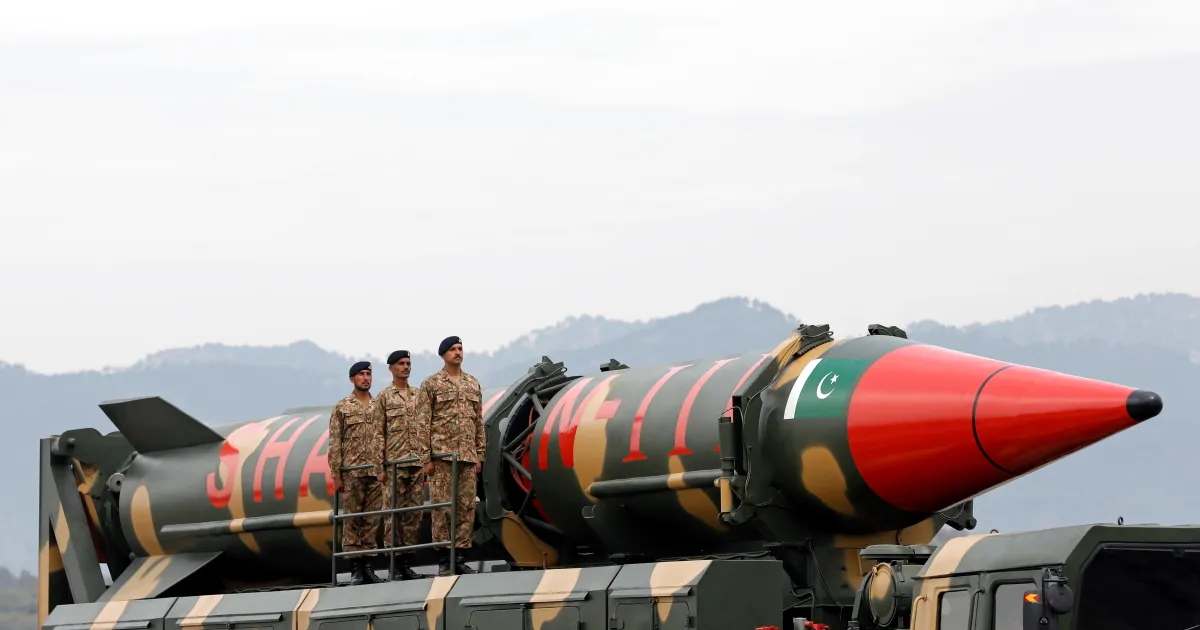The U.S. Department of Commerce’s Bureau of Industry and Security (BIS) has blacklisted 16 companies for their involvement in supporting Pakistan’s ballistic missile program. This action is part of a larger effort targeting 26 companies across China, Egypt, Pakistan, and the United Arab Emirates for violating export regulations, engaging in weapons programs, and attempting to evade sanctions imposed by the U.S. on Russia and Iran.
According to BIS, nine of the blacklisted Pakistani companies were allegedly operating as front companies and procurement agents for the Advanced Engineering Research Organization. The other seven were directly involved in assisting Pakistan’s ballistic missile program.
Assistant Secretary of Commerce for Export Administration, Thea D. Rozman Kendler, emphasized the gravity of the situation, stating, “Pakistan’s ballistic missile program poses a threat to U.S. national security, and we will not allow U.S. technology to be used in support of these dangerous programs.”
In addition to the sanctions on Pakistan, the U.S. Department of Commerce has imposed restrictions on entities connected to Iran. Six Chinese companies have also been blacklisted for acquiring U.S. technology to support Iran’s weapons of mass destruction (WMD) and unmanned aerial vehicle (UAV) programs. These companies were accused of supplying sensitive technologies aimed at enhancing Iran’s military capabilities.
Assistant Secretary of Commerce for Export Enforcement, Matthew S. Axelrod, reiterated the U.S. commitment to taking strong action against any entity contributing to the advancement of Iran’s military capabilities. “When we identify entities that send U.S. items to support WMD and UAV programs in countries like Iran, we take swift action,” Axelrod stated.
This move follows a similar announcement made in September when the U.S. blacklisted five companies and an individual for supplying equipment to Pakistan’s ballistic missile program.
In response to these actions, Pakistan’s Foreign Office has previously criticized similar U.S. restrictions, describing them as “based on suspicions” and highlighting that the listed items do not fall under any export control regimes. The Foreign Office also accused certain countries of selectively ignoring licensing requirements for military technologies when it suited their interests.
The blacklist also saw the addition of three entities from the UAE and one from Egypt, accused of trying to evade U.S. sanctions and export controls following Russia’s invasion of Ukraine in February 2022. Furthermore, six Chinese companies were sanctioned for supporting China’s military modernization efforts using U.S. technology.
In an additional measure, two entities were removed from the blacklist. Hefei, a Chinese entity, was delisted after being dissolved, and Sandvine Incorporated was removed following substantial reforms to prevent the misuse of its technology in undermining democracy and human rights.
Kendler reiterated that programs such as Iran’s WMD and UAV initiatives, and Pakistan’s ballistic missile development, pose significant threats to U.S. national security, and such programs will not be supported by U.S. technology.

